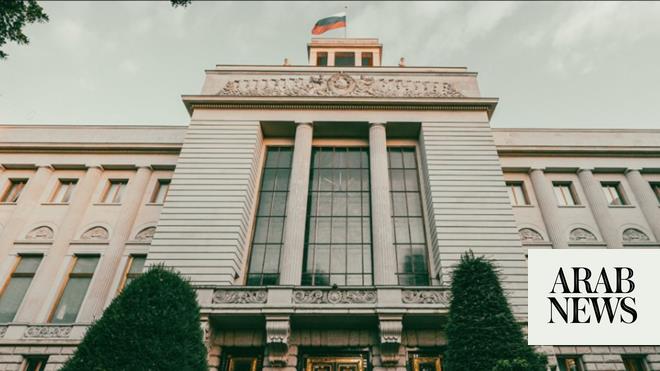
FRANKFURT/BERLIN, Nov 26 (Reuters) - For once, proverbially efficient Germany has dropped the ball.
Seemingly endless queues all over the country for coronavirus booster shots and even for first vaccines are evidence that it has been caught out by a fourth wave of COVID-19, having led the world in its initial response to the pandemic early last year.Many academics and clinicians blame vaccine-hesitancy. While waning vaccine protection is compounding the emergency, about 32% of Germany"s population have had no COVID-19 vaccine at all - among the highest rates in western Europe.
In fact, the federal government ended funding for 430 vaccination centres at the end of September, when the flow of those seeking vaccination ebbed, passing the burden to family doctors and other medical practices.
While in Britain more than 24% have had a booster shot after their initial course, in Germany the number is below 10%.
With general practitioners now overwhelmed by demand, Thomas Mertens, chairman of the vaccination advisory panel STIKO, said last week - before the detection of a new highly contagious variant in South Africa - that most elderly people would be unlikely to get a booster before December or January.
"CONFUSION AND FRUSTRATION"
Critics also point out that Germany has been in a political vacuum since a general election in September.
Chancellor Angela Merkel, a former scientist who in early 2020 won praise for her swift decision to impose a lockdown and for a forceful televised appeal to reduce social contacts, has been leading a lame-duck administration while a new three-party coalition government is formed.
Frank Roselieb, director of the Crisis Research Institute in Kiel, said a "void" in communication from Merkel, who had already announced her retirement and travelled abroad as intensive care units filled up, had led to widespread public complacency.
"Communication about the pandemic was left to subordinates and health experts who have less reach and impact than the chancellor," he said.
To add to the disruption, Health Minister Jens Spahn this month told the 16 federal states to prioritise Moderna boosters that were nearing their expiry date over the more commonly used BioNTech/Pfizer shot.
Spahn hailed Moderna as the "Rolls-Royce" of vaccines to overcome Germans" stubborn preference for the home-made BioNTech. read more
But family doctors had to change their procedures, and Verena Bentele, president of the VdK social care association, said hesitant recipients were unlikely to be reassured by receiving a soon-to-expire vaccine:
"The management of the pandemic has been marked by unclear communication, which has led to confusion and frustration."
Getting a grip on the crisis will now be the first priority for the incoming government led by the centre-left Social Democrats (SPD) with the Greens and pro-business Free Democrats. read more
Though not sworn in yet, the parties were criticised this month for failing to use their majority in parliament to stop the expiry of emergency laws that allow the federal government to order local lockdowns.
Chancellor-in-waiting Olaf Scholz of the SPD has promised to speed up vaccinations and has declined to rule out making them compulsory.
Editing by Kevin Liffey












